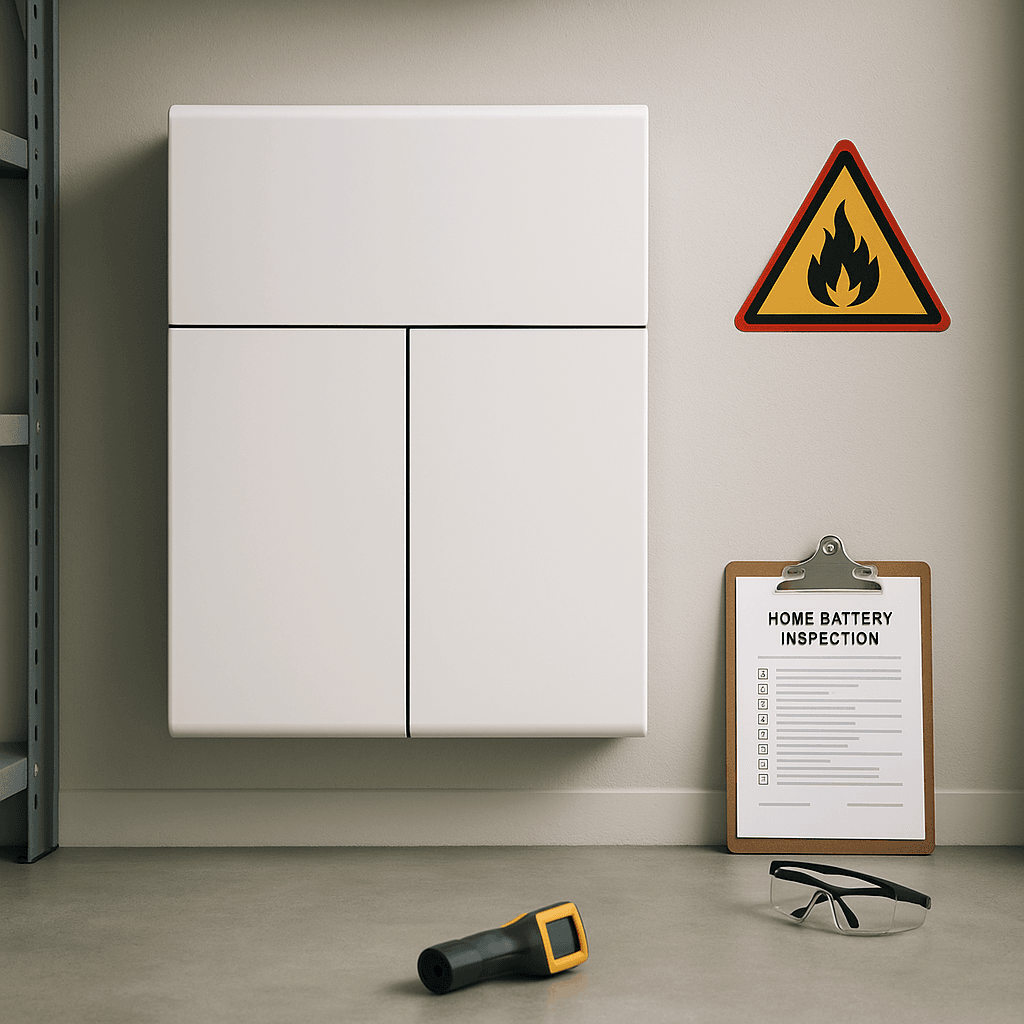Tesla just issued an urgent recall affecting 10,500 Powerwall 2 home battery systems after 22 customer reports of overheating and five actual fires. The Consumer Product Safety Commission warned Thursday that faulty lithium-ion cells can cause "smoke or flame" and pose "death or serious injury" risks, sending Tesla shares tumbling 7% as the company's fastest-growing division faces its biggest safety crisis.
Tesla is scrambling to contain a safety crisis that's hitting its fastest-growing business right in the wallet. The company's recall of 10,500 Powerwall 2 home battery systems over fire risks sent shares plummeting 7% Thursday, casting a shadow over the energy division that just delivered blockbuster growth.
The Consumer Product Safety Commission didn't mince words in its recall notice: "The lithium-ion battery cells in certain Powerwall 2 systems can cause the unit to stop functioning during normal use, which can result in overheating and, in some cases, smoke or flame and can cause death or serious injury due to fire and burn hazards."
That's not the kind of language investors want to see attached to a product sitting in people's garages and basements. Tesla has already fielded 22 customer complaints about overheating, with five escalating into actual fires that caused what the CPSC diplomatically called "minor property damage." No injuries have been reported yet, but the potential for tragedy is written right into the federal warning.
Tesla is pointing fingers at a "third-party battery cell defect" but won't name the supplier - a classic move that raises more questions than it answers. The company's official response page emphasizes that newer Powerwall 3 systems aren't affected and promises free replacements for all impacted customers.
The timing couldn't be worse for Tesla's energy ambitions. Tesla Energy just posted its strongest quarter ever with revenue jumping 44% to $3.42 billion in Q3, now representing a quarter of the company's total revenue. The division has been Elon Musk's secret weapon as car sales face increasing competition from Ford, GM, and a parade of Chinese manufacturers.












